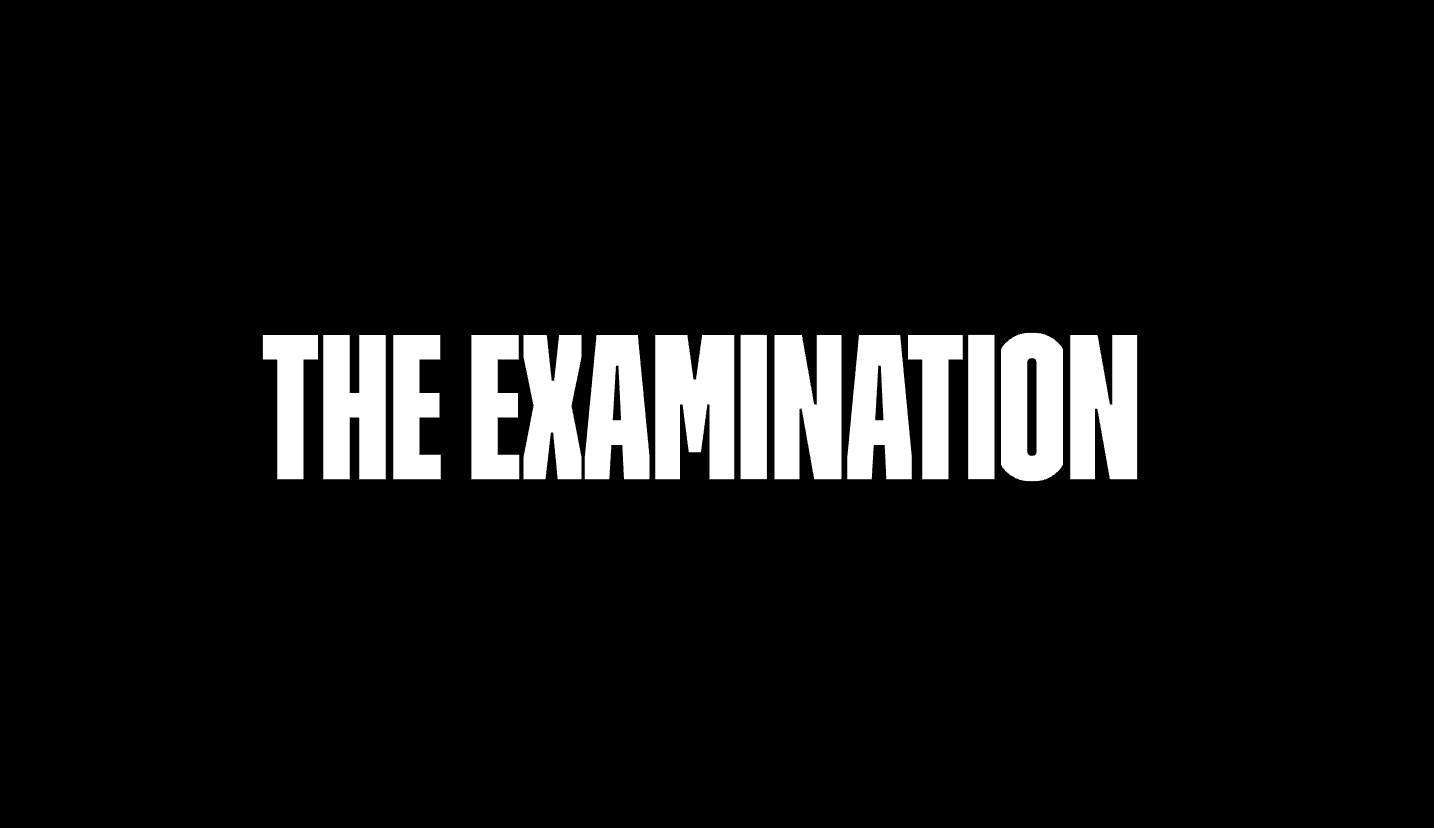
The food industry pays ‘influencer’ dietitians to shape your eating habits
Sasha Chavkin, Caitlin Gilbertand Anahad O’Connor, The Examination
TINA.org & Rudd Center File Complaint with Regulators
MADISON, CONN. December 12, 2022 – A new investigation by ad watchdog TINA.org and the UConn Rudd Center for Food Policy & Health has found that “lifestyle sports nutrition brand” Ghost is unfairly and deceptively marketing adult energy drinks and supplements to children in violation of Federal Trade Commission (FTC) and U.S. Food and Drug Administration (FDA) law. The groups have filed a complaint with the regulators urging the agencies to take enforcement action.
TINA.org and the Rudd Center’s investigation found that Ghost is using candy brands popular among children and young teens, including Swedish Fish, Bubblicious, Sour Patch Kids and Warheads, to flavor and package energy drinks and supplements that are only intended for adults. Mondelez International Inc. and Impact Confections, makers of the candies, were also notified of the findings.
The groups uncovered that Ghost not only packages its energy drinks and supplements in a manner that appeals to children, but also targets kids with deceptive and unfair marketing by, among other things, using influencers popular among children, as well as partnering with FaZe Clan, the wildly popular “youth focused” esports and gaming platform that attracts more boys aged 13-17 than any traditional sports team. These efforts have likely contributed to Ghost’s explosive sales growth over the past year in the increasingly competitive energy drink industry.
Consumers who see Ghost’s marketing on social media, gaming platforms or on the company’s website are not informed, however, that these products are only intended for healthy adults. This material information is relegated to illegible fine print inconspicuously placed on the energy drink cans and supplement containers.
“Energy drink companies like Ghost are now taking a page from the e-cig industry’s playbook, violating the law by using fun kid-friendly flavors to attract children to products that are meant for adults. This practice has to stop,” said Bonnie Patten, TINA.org’s Executive Director.
“Numerous studies have documented the powerful impact marketing has on children’s consumption, preferences, and purchase requests,” said Fran Fleming-Milici, PhD, Rudd Center’s Director of Marketing Initiatives. “Pairing candy logos that have clear child-appeal with a product that harms children’s health is an egregious display of putting profit over common sense and the well-being of children.”
The consumption of energy drinks has been linked to a number of negative health consequences for minors, leading the American Medical Association to adopt a policy supporting a ban on the marketing of energy drinks to children under the age of 18. And while Ghost products may be harmful to children, the company is claiming – without proper substantiation or FDA approval — they can provide numerous health benefits, including that they can enhance focus, balance hormones and treat anxiety.
Ghost is not the only energy drink company targeting minors by co-branding with popular candy brands. TINA.org has published an alert warning consumers about deceptive and unfair marketing tactics used by numerous companies in the industry and, along with the Rudd Center, has also sent letters to more than 40 energy drink companies urging them to review their marketing to ensure compliance with the law.
To read more about TINA.org and the Rudd Center’s investigation of Ghost, see: https://truthinadvertising.org/brands/ghost/
If you are a member of the media looking to contact us, please email us at: [email protected]
Sasha Chavkin, Caitlin Gilbertand Anahad O’Connor, The Examination
Anahad O’Connor, Caitlin Gilbert and Sasha Chavkin, The Washington Post
Kailyn Rhone, Reuters

